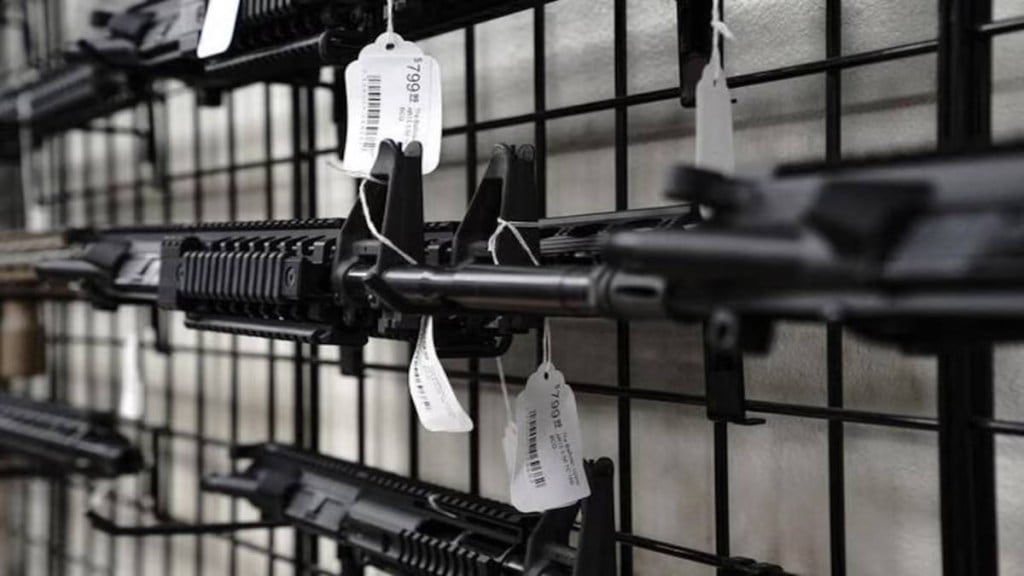The AR-15 rifle, often at the center of debates surrounding gun control in the United States, has once again come under scrutiny following its use in the attempted assault on Trump Tower. This event has reignited discussions on the accessibility and regulation of semi-automatic weapons in the country.
The Incident at Trump Tower
According to reports an armed individual attempted to breach Trump Tower, equipped with an AR-15 rifle. The rapid response of law enforcement prevented the situation from escalating into a mass casualty event, but the presence of the AR-15 has raised serious concerns.
The AR-15 Rifle: An Overview
The AR-15 is a lightweight, magazine-fed, gas-operated semi-automatic rifle, originally designed for military use. Its civilian version, which has gained popularity, is similar in appearance and function to military-style assault rifles but lacks the capability to fire in fully automatic mode. The rifle is favored for its accuracy, ease of use, and adaptability with various modifications and accessories.
Controversy Surrounding the AR-15
The AR-15’s use in numerous high-profile mass shootings has made it a focal point in the debate over gun control. Proponents argue that it is an effective tool for self-defense and recreational shooting, while opponents highlight its potential for causing mass harm due to its high rate of fire and the ability to quickly reload magazines.
Calls for Stricter Gun Control
Following the Trump Tower incident, there have been renewed calls from lawmakers and advocacy groups for stricter gun control measures. These calls include proposals for more rigorous background checks, bans on high-capacity magazines, and restrictions on the sale of semi-automatic rifles like the AR-15. Advocates argue that such measures are necessary to prevent similar incidents in the future and to reduce gun violence overall.
The Debate on Gun Rights
The debate over the AR-15 and similar firearms is deeply rooted in the Second Amendment of the US Constitution, which guarantees the right to bear arms. Gun rights advocates argue that any restrictions on firearms ownership infringe upon this constitutional right. They emphasize responsible gun ownership and point to other factors, such as mental health issues, as the root causes of gun violence.

